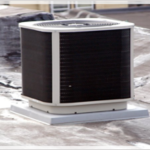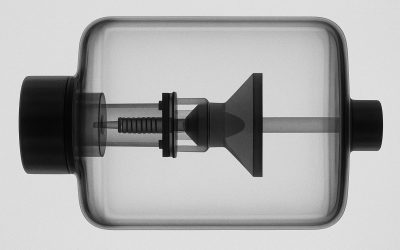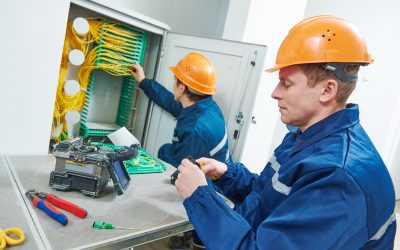Increasingly, companies find it effective to use RF test equipment in-house during design, development and prototype phase. This can assist in cutting costs, speeding up the time from design to manufacturing as well as decreasing the cost of involving testing labs.
While there may be the need to have an approved and certified testing lab involved, doing the pre-testing or precursor testing in your own facility is always the best option. To save money, renting the RF test equipment, so you are only paying for the equipment as needed also makes for a good business practice.
If you are using rented RF test equipment, there are a few important factors to keep in mind. These are not always considerations that are made when the equipment is rented and then put into use in the field.
Meter Capacity
Not all RF meters operate in the same capacity. For example, it is very common for basic RF meters to be used to simply identify the presence of a signal operating in a specific radio frequency range.
This is very different than test equipment that will offer a full spectrum analysis. While not every application requires a full spectrum analysis, having just the basic meter limits the options for testing.
Calibration
As with any type of testing equipment, RF testing systems will need to be calibrated on a regular schedule to ensure they are accurate and precise in their analysis and reporting.
Some systems can do self-diagnostics and self-calibration while others have to be completed manually or through a more complicated procedure. Always verify that any RF testing equipment in use is calibrated and accurate before using in the field or the lab.
In addition to calibration, always verify the testing equipment has been fully upgraded to the latest in software and applications. With rental equipment, this will be done by the supplier, but if the equipment is owned by the company, it will be up to your technicians and engineers to complete this important step.







